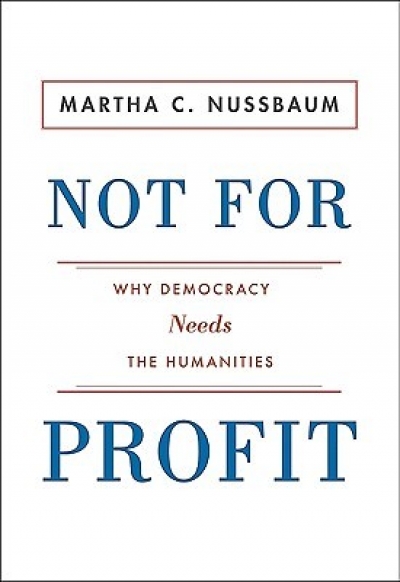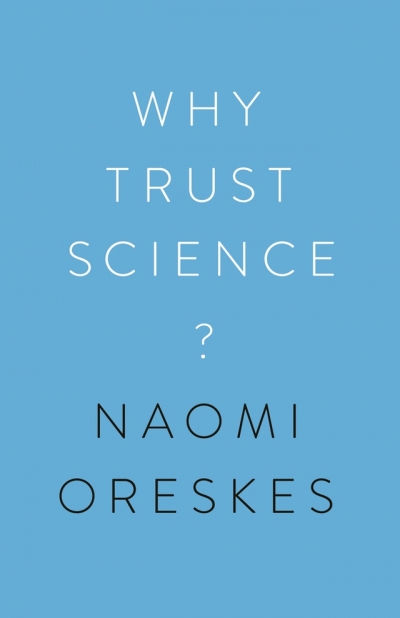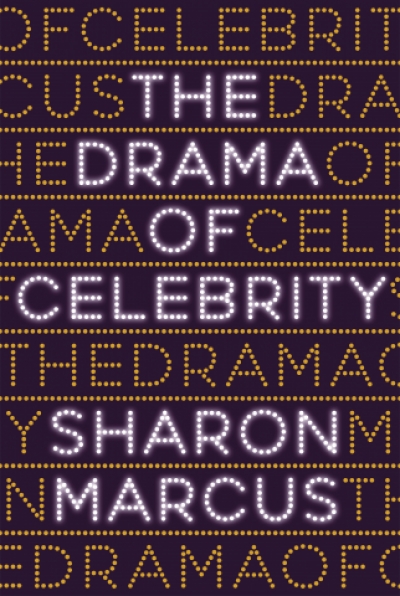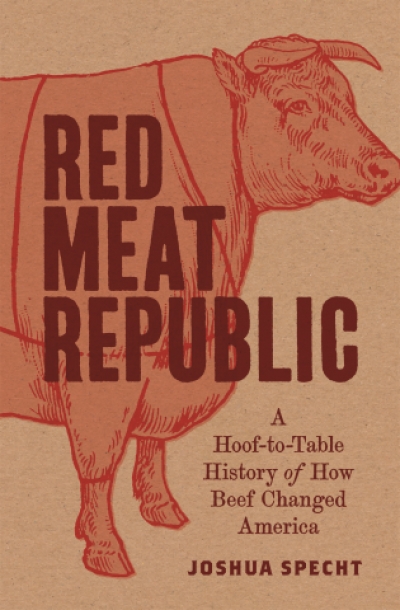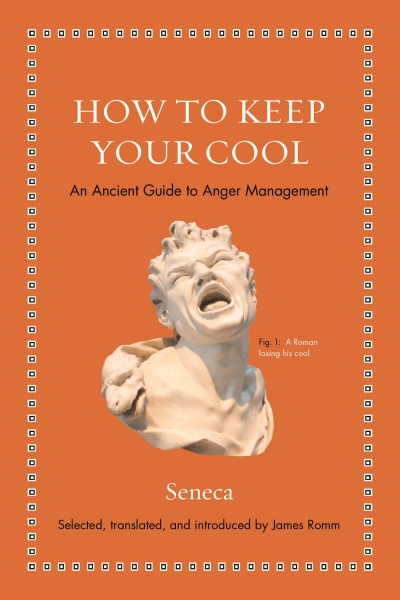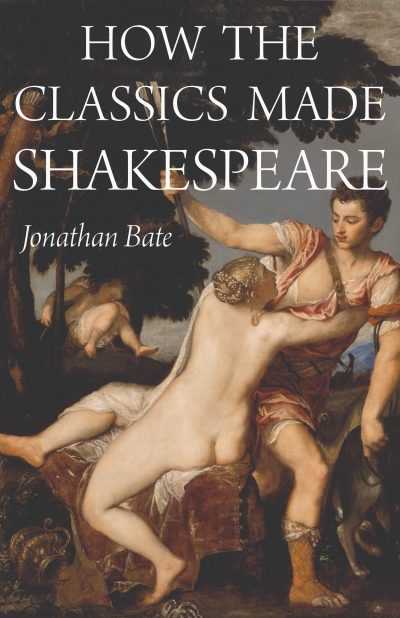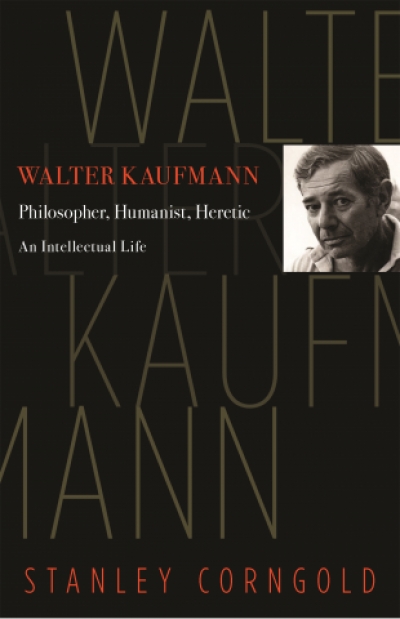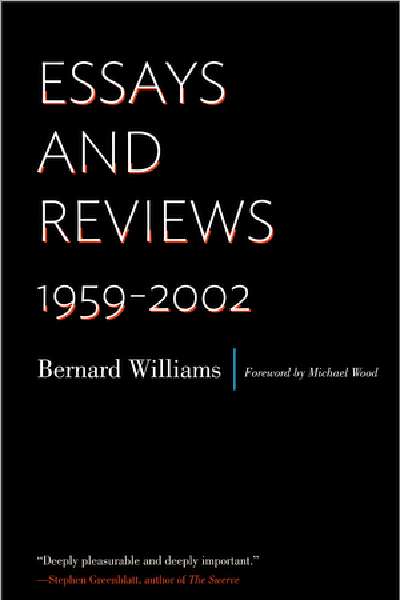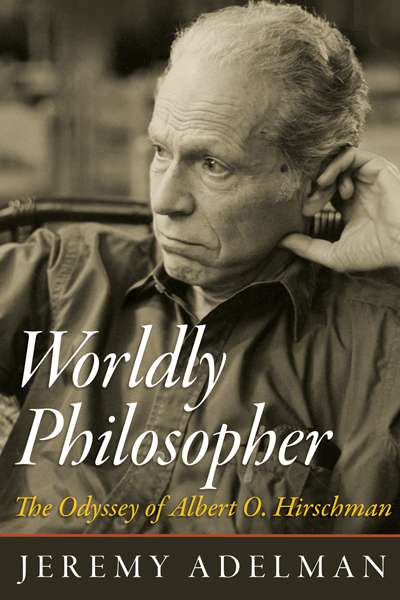Princeton University Press
Not For Profit: Why democracy needs the humanities by Martha C. Nussbaum
by Stuart Macintyre •
The Fire Is Upon Us: James Baldwin, William F. Buckley Jr., and the debate over race in America by Nicholas Buccola
by Samuel Watts •
Red Meat Republic: A hoof-to-table history of how beef changed America by Joshua Specht
by Cameo Dalley •
How To Keep Your Cool: An ancient guide to anger management by Seneca, translated by James Romm & How To Be a Friend: An ancient guide to true friendship by by Marcus Tullius Cicero, translated by Philip Freeman
by William Poulos •
Walter Kaufmann: Philosopher, humanist, heretic by Stanley Corngold
by Lewis Rosenberg •
Worldly Philosopher by Jeremy Adelman & The Essential Hirschman edited by Jeremy Adelman
by Adrian Walsh •

